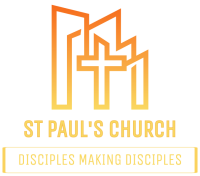DOCTRINES are our beliefs that stem directly from the Bible, the Word of God.
THEOLOGY is the science (“ology” study of) of God (“theo”).
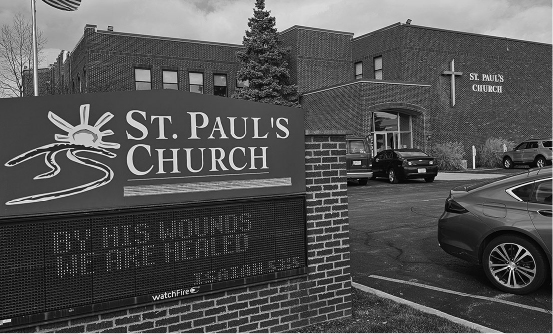
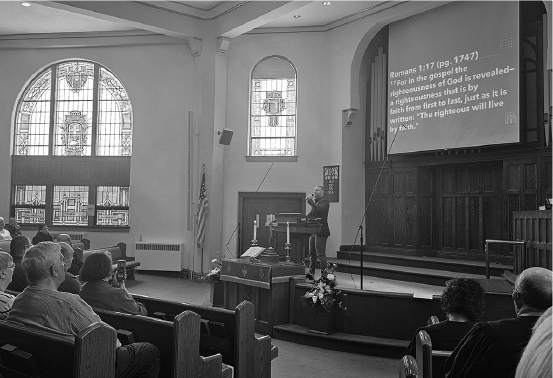
TRINITY
We believe in one God who eternally exists in three distinct Persons; God the Father, God the Son, & God the Holy Spirit. Each member of The Trinity is distinct in their person and role, but co-exist eternally in full communion and community with each other. One God – Father, Son, & Holy Spirit – is the foundation of Christian belief and faith.
BIBLE
We believe that the Bible, the 39 books of the Old Testament and the 27 books of the New Testament, are the inspired, written Words of God through human authors throughout the ages. God, through the Holy Spirit spoke through people to pen the Scriptures in a specific context and time, yet these words provide authoritative truth through all contexts and times. The Protestant (Christian) canon contains various literary forms that have timely and timeless content and applications for all mankind. We believe that the Bible, in its original form, is free from error in all it’s teachings and provides the truth and rule for all of life. The Bible is the full authority for the Christian life and should be submitted to in all circumstances, cultures, and peoples. The Bible is fully su cient, therefore nothing should be added or subtracted from its teachings. The Bible is a divine revelation of God and the Gospel and is the source for all of our teaching, belief, and doctrine. This conclusion is held by faith and for faith.
CHURCH
St Paul’s Church is a local body of believers who are part of the global church (Christians everywhere; “catholic” by it’s original definition), beginning at Pentecost (the coming of the Holy Spirit in Acts 2), and participants in the New Covenant through the shed blood and resurrection of Jesus Christ from the dead.
“Anchored in our belief in Jesus Christ, the Church is of God and will be preserved to the end of time to worship God in spirit and in truth, to faithfully preach God’s Word and offer the holy sacraments, to edify all who believe and encourage them to grow in their lives of holiness and service to others, to minister to those who are in special need, and by the power of the Holy Spirit, to present the world with a clear and compelling invitation to accept Jesus Christ as Lord. All those of every age and station stand in need of the grace that God has promised to extend to others through His Body, the Church. While it is ultimately the work of the Holy Spirit to change the hearts of individuals, ours is the task of sharing the good news of God as we respond to the summons of Christ in Matthew 28: “As you are going, make disciples of all the nations, baptizing them in the name of the Father and the Son and the Holy Spirit, teaching them to observe all that I have commanded you,” even as Christ has promised to remain with us always, “even to the end of the age.”
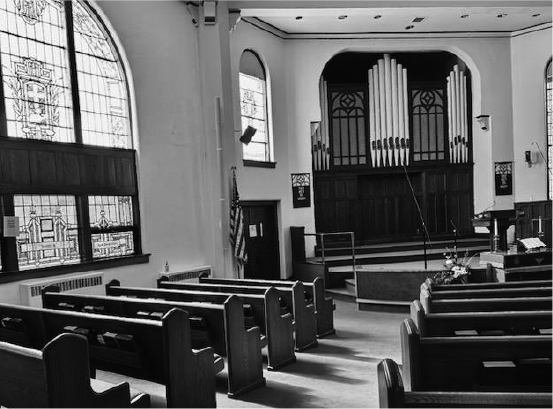
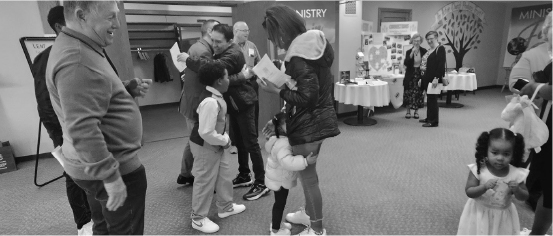
We believe that it is only as each individual, whether lay or clergy, bears witness to God’s grace that the world may come to know Christ and respond to His invitation to have life in abundance. Each member is therefore expected to be a witness for Christ in the world, a light and leaven in society, and a reconciler in a culture of conflict, identifying with the agony and su ering of the world and radiating and exemplifying the Christ of hope. As the people of God, we must either win the world to Christ, or abandon it to those forces that oppose Him. Beyond the diverse forms of ministry is this ultimate concern: that all persons will be brought into a saving relationship with God through Jesus Christ and be renewed after the image of their creator (Colossians 3:10). This means that all Christians are called to minister wherever Christ would have them serve and witness in deeds and words that heal and free. Toward that end, the full participation of all who believe is vital and cannot be evaded if the gospel is to be heard and received. Cited from the Global Methodist Church.

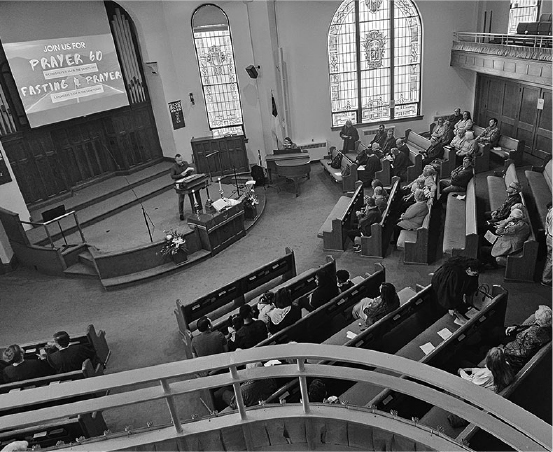
WORSHIP
- God is the focus and main recipient of our worship gatherings
- Plan a visit to St Paul’s Church (link to pop-up)
- We sing songs rich with theology that express our thankfulness to God, joy in the Holy Spirit, and our experiences in Christian living. Our liturgy has confessions and prayers based on the Word of God. The sermons (homilies) are Spirit-filled exhortations, admonitions, and encouragements from scripture for the building up of the Body of Christ, and evangelism for sinners (people who don’t know Jesus yet).
- We structure our services to lift up the Person and salvific work of Jesus Christ, and provide spaces for people to respond to the move of the Holy Spirit in their lives.

BAPTISM
Baptism is a sacrament replaces circumcision from the Old Testament, which identifies those who have been born again in Christ (Col. 2:11-12, Acts 2:39). It is done in obedience to Jesus’ command (Matthew 28:19), and is a sign and seal of the New Covenant given in Christ Jesus and also of entrance into the visible church. However, baptism does not save anyone. Rather, it is a public sign that one has been saved already. At St Paul’s Church we practice both sprinkling and immersion, both as acceptable forms of baptism.

COMMUNION
The Lord’s Supper is a practice of remembering the Lord Jesus Christ’s last meal with the twelve disciples that symbolize the New Covenant he establishes with all believers. The Jewish Passover, as an Old Covenant meal, corresponds to the Lord’s Supper, as is made clear in the Gospel accounts of its institution (Matthew 26, Mark 14, Luke 22). Bread and wine represent the body and blood of Jesus. Worthy receivers of this meal are those who profess faith in Jesus Christ (1 Cor. 11:26-30). By faith in Christ alone, believers spiritually feed on Christ, show forth His death, and receive nourishment as they partake of the two elements (John 6:35, 53; 1 Cor. 11:26).
At St Paul’s Church we typically, but are not limited to, partake of Communion on the first Sunday of the month in our worship gatherings. We believe that God is glorified in this sacrament by pouring out His Holy Spirit on our local church body as we remember that we are partakers of the New Covenant in Christ.
We share the view of membership of the Global Methodist Church, that members are

The baptized membership of a local church shall include all baptized people who have received Christian baptism in the local congregation or elsewhere, or whose membership has been transferred to the local church subsequent to baptism in some other congregation.

The professing membership of a local Global Methodist church shall include all baptized people who have come into membership by profession of faith through appropriate services of the baptismal covenant in the ritual or by transfer from other churches and who profess the vows of membership in ¶ 319.

For statistical purposes, church membership is equated to the number of people listed on the roll of professing members.
Cited from the Global Methodist Church

